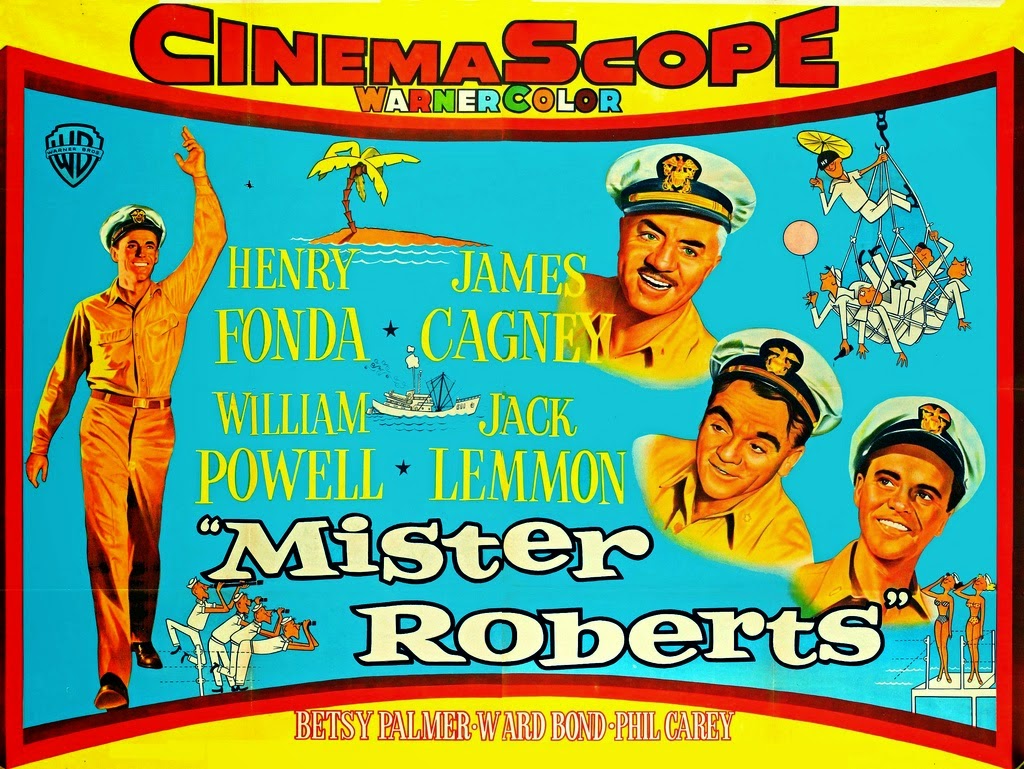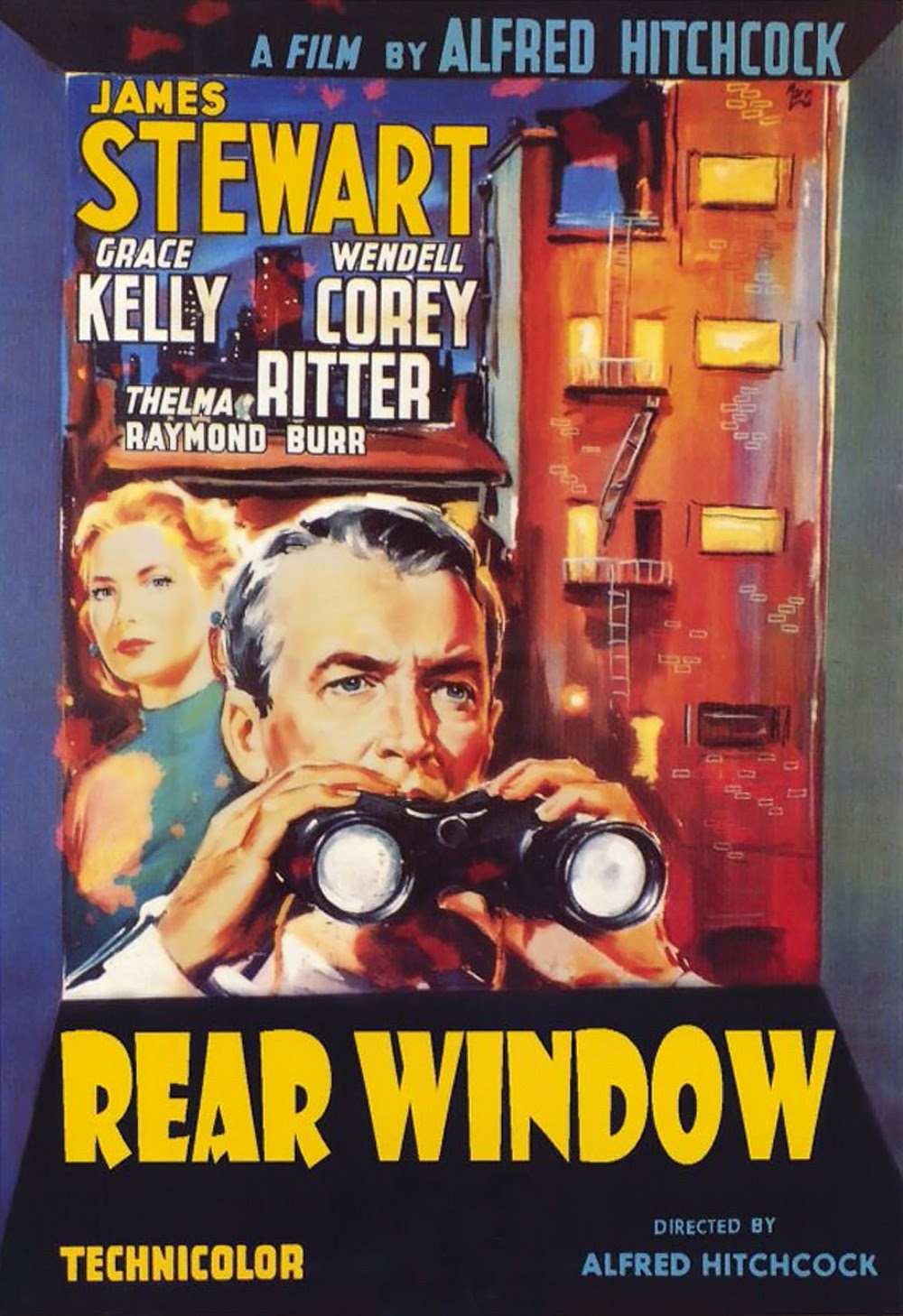IMDB Link
IMDB Rating: 7,7
Director: Robert Aldrich
Main Cast: Ralph Meeker, Albert Dekker, Paul Stewart, Juano Hernandez, Wesley Addy, Marian Carr
"Regarded by many critics as the ultimate film noir, and by many more as the finest movie adaptation of a book by Mickey Spillane, Kiss Me Deadly stars Ralph Meeker as Spillane's anti-social private eye Mike Hammer in the ultimate Cold War paranoia investigation. With macho 'bedroom dick' Hammer using any violence necessary, this darkest of 1950s films noirs sends him on a search for the 'Great Whatsit', an ominously incandescent box encompassing America's nuclear nightmares, as well as man's deepest fears about unpredictably explosive female potency. Starring Ralph Meeker as the brutal Hammer, Kiss Me Deadly is shot through with Aldrich's anarchic sensibility, from Cloris Leachman's desperate opening run along a pitch-black road to the final apocalyptic conflagration. While the film was dismissed by U.S. reviewers, the French Cahiers du cinéma critics praised Kiss Me Deadly's hysterically expressionist style and singular power, as then-critic François Truffaut declared Aldrich the revelation of 1955. Later rediscovered by American film buffs, Kiss Me Deadly has since assumed its rightful place in the film noir pantheon, and films from Alex Cox's Repo Man (1984) to Quentin Tarantino's Pulp Fiction (1994) have paid homage to that evocatively glowing container. The apocalyptic climax is doubly devastating because we're never quite certain if Hammer survives (he doesn't narrate the story, as was the case in most Mike Hammer films and TV shows). Director Robert Aldrich and scriptwriter Jack Moffit transcend Kiss Me Deadly's basic genre trappings to produce a one-of-a-kind melodrama for the nuclear age. The 1998 restoration returned the final minute-and-a-half of footage to 35mm prints, dramatically altering the film's conclusion." - www.allmovie.com

























